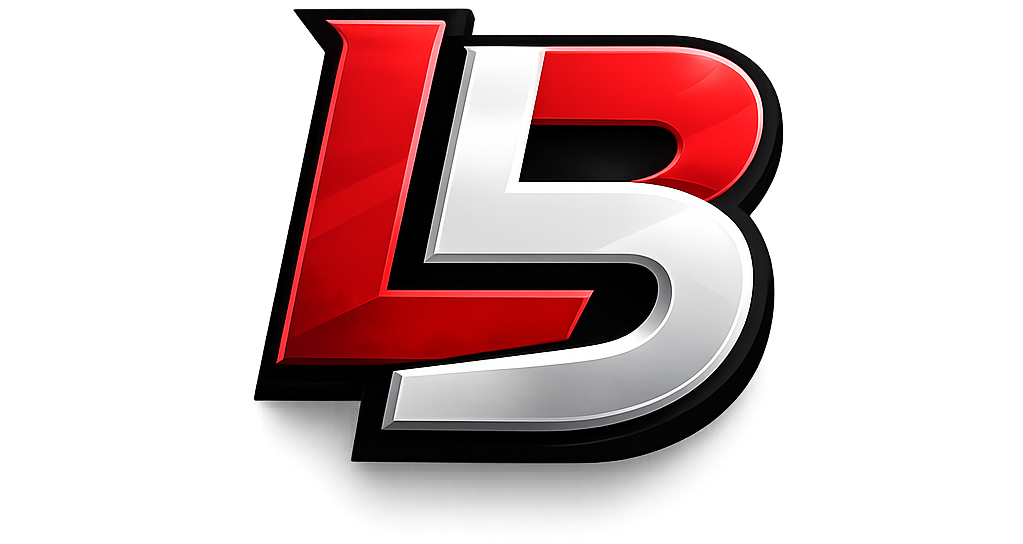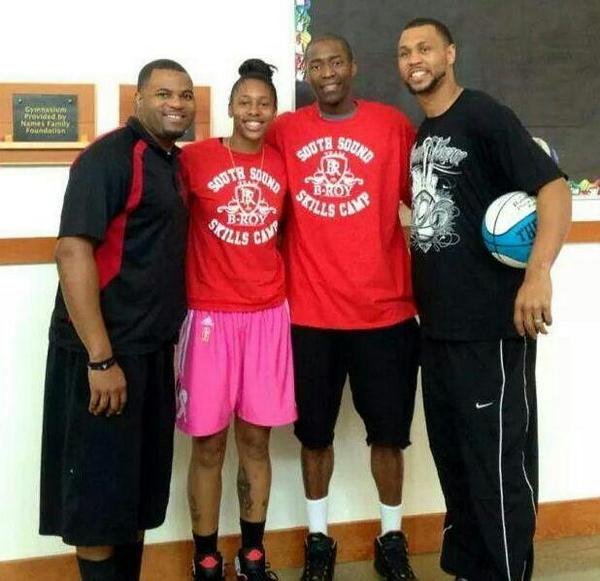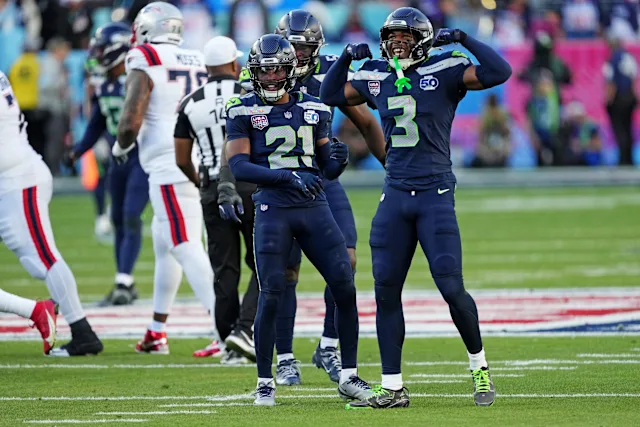Sports journalism is an exciting field that blends the love for sports with the art of storytelling. To thrive in this dynamic industry, there are specific skills that aspiring sports journalists should develop. This guide will break down the essential competencies you’ll need to succeed in sports journalism.
Understanding Sports
A deep understanding of sports is foundational for anyone stepping into the realm of sports journalism. This knowledge goes beyond just knowing the rules; it involves grasping the cultural significance of various sports and their histories.
As a sports journalist, you’ll often need to explain the nuances of a game to your audience who might be casual fans or even newcomers. Incorporating statistics, player backgrounds, and historical context can enrich your storytelling.
Moreover, staying updated with recent developments, trends, and controversies in the sports world is crucial. This enables you to create timely and relevant pieces that resonate with current events and audience interests. Sports journalism requires you to be an avid consumer of sports media, continuously absorbing information.
Strong Writing Skills
Writing is at the heart of sports journalism. Whether it’s crafting articles, blogs, or social media posts, your ability to write clearly and engagingly can set you apart from others in the industry. A strong command of language helps convey excitement, tension, and dynamics of sports effectively.
Consider what sets apart an ordinary sports recap from a compelling narrative. The latter often includes vivid imagery, engaging anecdotes, and a flow that keeps readers invested from start to finish. Learning different writing styles can enhance your versatility in covering various sports and events.
Beyond storytelling, it’s essential to master the mechanics of writing—grammar, punctuation, and structure. Mistakes in these areas can undermine your credibility and distract from the story. However, strong writing skills also include knowing when to break conventions for stylistic purposes, creating a unique voice.
Research and Analytical Skills
Research is an indispensable skill for sports journalists. To write well-informed pieces, you must dig deep into records, statistics, and trends. The ability to analyze this data critically can illuminate underlying narratives shaping the sports landscape.
Understanding analytics and being able to interpret complex data will allow you to produce insightful content that adds value to your audience. For instance, dissecting player performance statistics can lead to discussing broader themes in a sport, such as the evolution of play styles.
Additionally, skill in gathering insightful quotes and anecdotes through interviews is paramount. This involves not just asking questions but listening attentively and probing further, which can lead to richer stories and perspectives. Distinction in research and analysis prepares you for both writing articles and engaging in discussions during broadcasting.
Communication and Interpersonal Skills
The ability to communicate effectively is crucial for anyone in sports journalism. This field often involves interacting with athletes, coaches, and other stakeholders. Building rapport can lead to more insightful interviews and a better understanding of the situation.
Moreover, effective communication isn’t just about speaking well; it’s also about how you convey information through writing. Clear, concise reporting can help your audience grasp complex situations surrounding games, player trades, and injuries easily.
Furthermore, being open to feedback and willing to collaborate with editors and colleagues can also improve your work. Strong interpersonal skills can lead to a supportive network that can assist in career development. In sports journalism, the relationships you build can also lead to exclusive stories and insights.
Multimedia Proficiency
In today’s digital age, multimedia proficiency is increasingly vital in sports journalism. The ability to create content across various platforms—like writing articles, producing podcasts, filming videos, and managing live blogs—enhances your versatility and appeal in the job market.
Moreover, understanding how to effectively utilize social media can help you reach a wider audience and engage with them. Whether it’s through lively tweets during a game or posting behind-the-scenes content, your ability to adapt your voice across mediums will make your coverage more engaging.
Finally, grasping basic technical skills related to editing software and analytics tools is beneficial. This can allow for not just content creation but also content optimization, ensuring your work stands out amidst a sea of information. This multimedia skill set opens up a range of opportunities within sports journalism, from traditional writing roles to innovative digital roles.
Final Thoughts
In summary, becoming a successful sports journalist requires a unique combination of skills ranging from strong communication abilities to analytical thinking. By honing these skills, you can enhance your career prospects in this competitive field.






